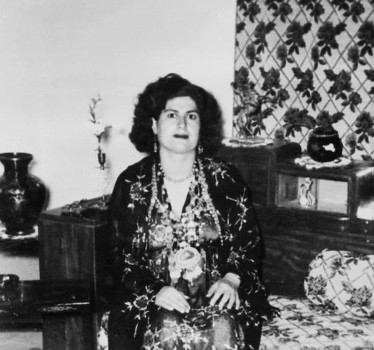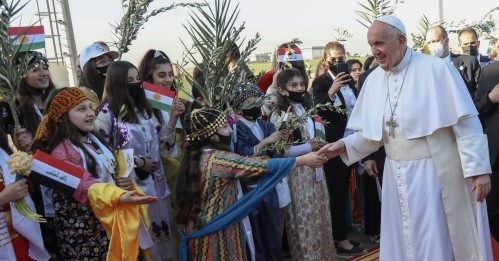Nestled in the heart of the Middle East, the Kurdistan Region of Iraq (KRI) shines as a beacon of hope and resilience. This semi-autonomous region, with its rich history and diverse population, provides an inspiring testament to the power of governance networks in fostering development and overcoming challenges. These networks have played a pivotal role in shaping the region’s transformation into a thriving and prosperous entity.
The power of governance networks
At the core of the KRI’s remarkable journey lies an intricate web of governance networks that function as the connective tissue uniting government agencies, organizations, and individuals, forging a cohesive and purpose-driven entity. Their role is nothing short of transformative.
In a region marked by historical diversity and its associated challenges, governance networks have emerged as the linchpin of progress. By facilitating collaboration among diverse actors, these networks have streamlined the decision-making process and policy implementation. This efficiency has been pivotal in guiding the region toward its current state of prosperity.
A distinguishing feature of these governance networks is their adaptability, as they have consistently evolved to meet the demands of a changing landscape. When the KRI was faced with regional instability and the looming threat of extremist groups, they proved adept at addressing these formidable challenges, swiftly forging collaborations with international actors that fortified security efforts and fostered regional stability.
The profound impact of governance networks extends beyond security, with their role as enablers of economic resilience becoming increasingly evident. Public-private partnerships have evolved into a cornerstone of the region’s economic progress, with governance networks facilitating these partnerships and resulting in a surge of investments across key sectors, including energy, transportation, healthcare, and education.
The most compelling result of the power of these networks is observable in the enhanced infrastructure, stimulated economic growth, and improved public services. The synergy between government entities, private businesses, and civil society organizations, all facilitated by governance networks, has unlocked the region’s potential for economic prosperity. This transformation has materialized in the modern infrastructure, business growth, and improved accessibility to quality healthcare and education, collectively contributing to the overall development of the KRI.
Cultural diversity, another hallmark of the region, further exemplifies the power of governance networks. Home to various ethnic groups, including Kurds, Arabs, Turkmen, and Assyrians, the KRI sees its diversity as a catalyst for social cohesion and progress. Governance networks have adeptly navigated this diverse landscape, fostering inclusivity and participatory decision-making. They have thus nurtured the harmonious coexistence of these different communities, reinforcing the region’s commitment to unity through diversity.
Amid this cultural mosaic, the KRI is making significant strides in embracing innovation. This dynamic environment has paved the way for transformative initiatives and campaigns aligned with the region’s progressive agenda. As governance networks continue to facilitate this environment of innovation, the region is transitioning from an importer to an exporter, leveraging diplomacy to enable this shift. Local products are now exported to Gulf countries, marking the region’s entry into international markets and boosting domestic production.
A vision for the future
Looking forward, the KRI maintains its unwavering commitment to sustained development and prosperity. Governance networks will continue to play a central role in advancing this vision, fostering transparency, inclusivity, and accountability. Vital to this mission is the streamlining of bureaucratic processes and ensuring the efficient functioning of governance networks, which will address pressing issues such as economic diversification and infrastructure development.
Considering the region’s focus on continued growth, my role as a public relations officer at the Office of Initiatives and Communications (OIC) takes on even greater significance. My academic background in international studies and public administration, with a specialization in managing complex governance networks, has endowed me with a profound understanding of the intricate dynamics of governance.
Within the OIC, my primary objective is to enhance the coordination and facilitation of communication among a diverse spectrum of stakeholders. This multifaceted role involves ensuring the seamless flow of information and cultivating an environment conducive to collaborative decision-making processes. As we harness the collective power of governance networks, the region is not only thriving today but also stands poised to build a brighter tomorrow.
Prusha Wria Faraj is a Public Relations Professional with a Master of Science in Public Administration from Erasmus University Rotterdam.

